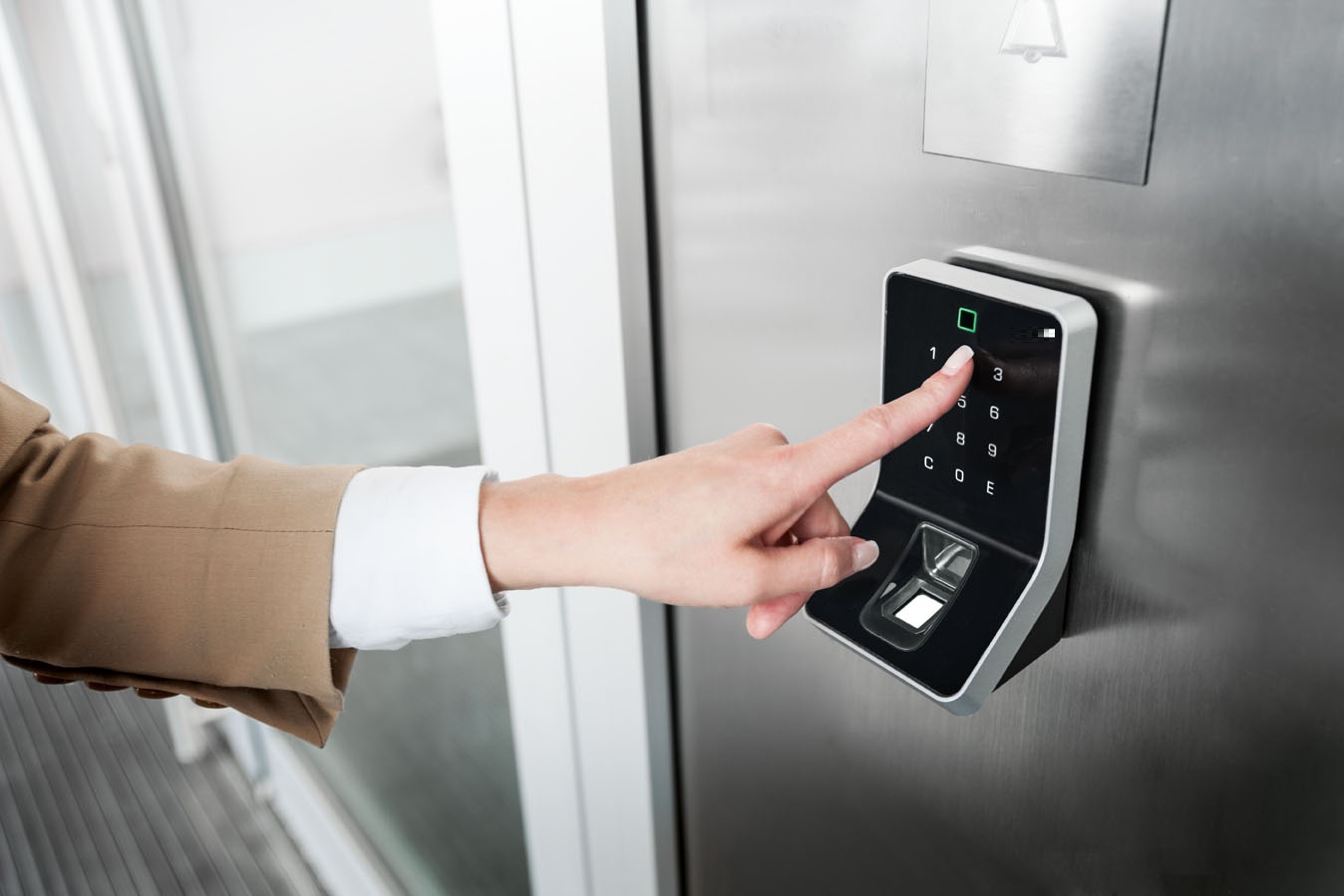In today's dynamic business environment, securing physical and digital assets while ensuring seamless access for authorized personnel is a paramount challenge. Traditional, on-premise access control systems, with their heavy upfront costs, complex maintenance, and limited scalability, often struggle to keep pace with the demands of modern enterprises, especially those with distributed workforces and multiple locations. This challenge has paved the way for the rapid ascent of Access Control as a Service (ACaaS) – a cloud-based solution that is revolutionizing how organizations manage security.
ACaaS liberates businesses from the complexities of on-site hardware and software management, offering a flexible, scalable, and cost-effective approach to access control. This blog dives into the thriving global ACaaS market, exploring its defining characteristics, impressive growth trajectory, and the innovative trends that are shaping the future of security.
Market Segmentation
By Service
- Hosted
- Managed
- Hybrid
By Deployment Type
- Public Cloud
- Private Cloud
- Hybrid Cloud
By End-Use
- Commercial
- Government
- Healthcare
- Education
- Utilities
Market Size and Growth: A Skyrocketing Trajectory
This market size is projected to reach US$ xxx billion by 2031, and it is estimated to grow at a CAGR of xx% from 2023 to 2031.
Key Market Trends: Smart, Seamless, Secure
- Mobile-Based Credentials: The proliferation of smartphones is driving the demand for mobile access control. Users can use their smartphones as credentials, offering convenience, reducing the cost of physical cards, and enabling advanced features like geofencing and touchless access.
- Integration with IoT and Smart Building Technologies: ACaaS solutions are increasingly integrating with broader IoT ecosystems and smart building management systems (BMS). This allows for unified control over various building functions like lighting, HVAC, and video surveillance, creating a more intelligent and efficient security environment.
- Emphasis on Cybersecurity and Data Privacy: As access control moves to the cloud, concerns about data security and privacy intensify. ACaaS providers are heavily investing in robust encryption, multi-factor authentication, and compliance with global data protection regulations (e.g., GDPR, India's DPDP Act) to build trust.
- AI and Machine Learning for Enhanced Security: The integration of AI and ML capabilities into ACaaS platforms is enabling more intelligent security. This includes real-time threat detection, anomaly behavior analysis, predictive analytics for potential vulnerabilities, and more sophisticated biometric verification, moving towards proactive rather than reactive security.
- Shift to Subscription-Based Models (OPEX): The inherent OPEX model of ACaaS is highly appealing to organizations looking to reduce upfront capital expenditure and convert it into predictable monthly costs. This financial flexibility makes advanced access control accessible to a wider range of businesses, including SMEs.
Market Growth Relatable FAQs:
- Q: How does the "increasing adoption of cloud computing platforms" directly drive the growth of the ACaaS Market?
- A: Cloud computing provides the underlying infrastructure for ACaaS, offering scalability, flexibility, and remote accessibility that traditional systems lack. As businesses increasingly migrate their IT operations to the cloud, extending this cloud-first approach to security, including access control, becomes a natural progression. This shift allows for reduced upfront costs, easier management, and automatic updates, thereby significantly propelling ACaaS market growth.
- Q: What role does the "rising demand for remote access management and hybrid work models" play in ACaaS market expansion?
- A: With the global shift towards remote and hybrid work, organizations need solutions to securely manage access for employees and visitors who may not always be on-site. ACaaS enables centralized, real-time control over access permissions from any location, making it ideal for managing distributed workforces and multiple sites efficiently and securely, thus directly driving its market adoption.
- Q: How do "heightened cybersecurity concerns, particularly around data breaches and ransomware," contribute to ACaaS market growth?
- A: The escalating threat landscape forces organizations to seek more robust and continuously updated security solutions. ACaaS providers offer expert-managed security, including advanced encryption, real-time threat detection, and continuous monitoring, often more sophisticated than what individual companies can maintain on-premise. This enhanced security posture, coupled with regular updates and patches from the service provider, significantly attracts businesses concerned about cyber threats, fueling market expansion.
- Q: What impact do "advancements in mobile-based credentials and biometric authentication" have on the ACaaS market's future?
- A: These technologies offer superior convenience, user experience, and often enhanced security compared to traditional access cards. Mobile credentials integrate seamlessly with personal devices, while biometrics provide highly secure, unique identification. Their increasing adoption in ACaaS platforms improves efficiency, reduces costs associated with physical credentials, and enhances overall security, thereby expanding the market's capabilities and appeal.
- Q: How does the "shift from CapEx to OpEx through subscription-based models" influence the adoption and growth of ACaaS?
- A: The traditional CapEx model for security systems often involves significant upfront investment in hardware and software. ACaaS, being a subscription-based service, converts these capital expenses into predictable operational expenses. This financial flexibility, particularly attractive to SMEs and organizations managing budgets, lowers the barrier to entry for advanced access control solutions, encouraging broader adoption and driving market growth.
Conclusion: The Future of Access is Cloud-Powered
The Access Control as a Service Market is not merely a trend; it represents a fundamental shift in how organizations approach security. By leveraging the power of the cloud, ACaaS offers unparalleled flexibility, scalability, and enhanced protection against an ever-evolving threat landscape. As businesses worldwide continue their digital transformation journeys, the demand for intelligent, integrated, and remotely managed access control solutions will only accelerate, firmly establishing ACaaS as the cornerstone of future-proof security strategies.



